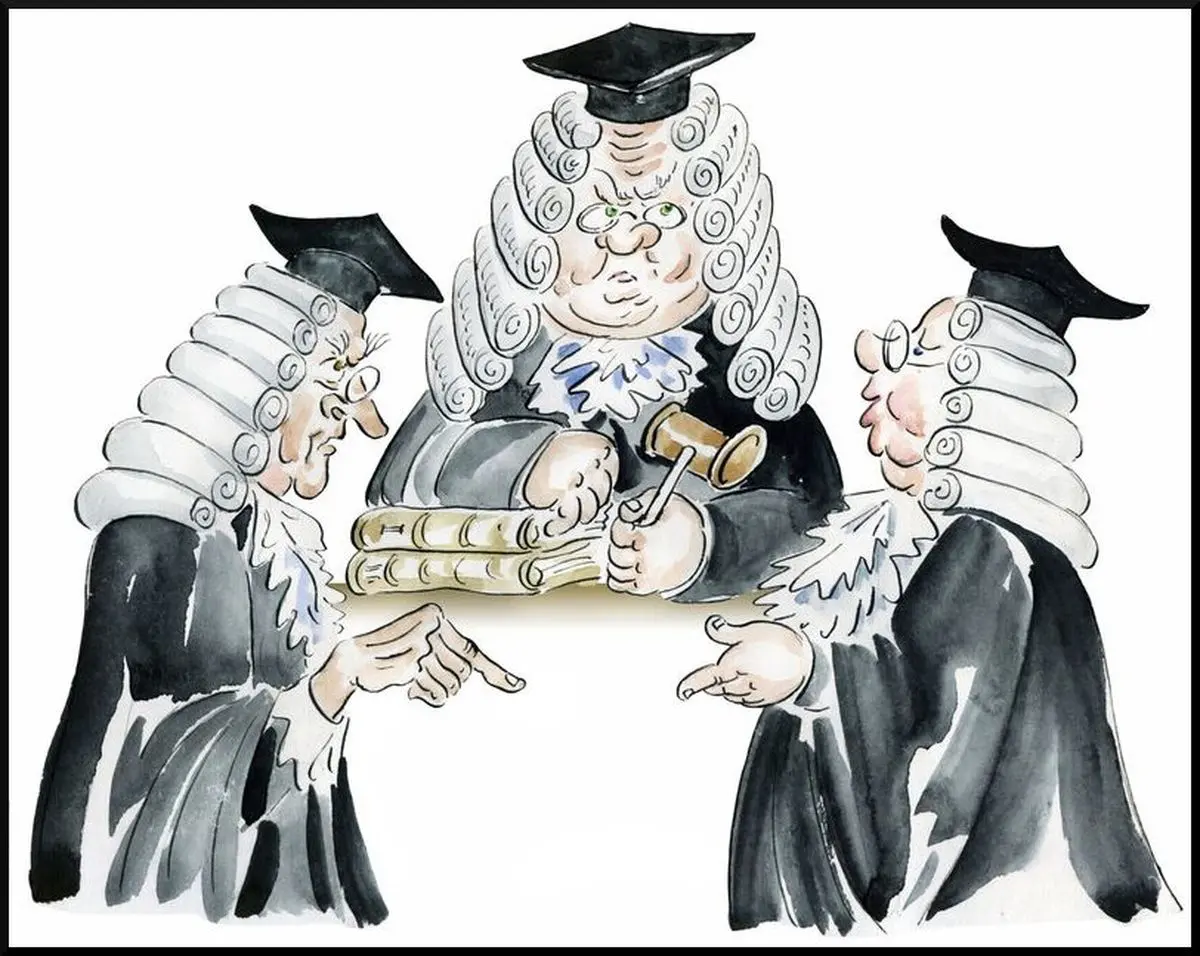By , Leave a Comment

Table of Contents
Three Ways to Resolve Criminal Charges
There are three ways to resolve criminal charges in New York:
- Dismissal
- Plea Bargain
- Trial
If you’re accused of a crime, you need to understand each of these.
Dismissal
Dismissal is the best way to resolve a criminal case. It’s equivalent to being acquitted after a trial – minus the risk of being convicted.
When a judge dismisses all charges against you, your case is thrown out of court. You’re no longer in jeopardy of being convicted and punished.
The public record of your case is sealed.
Dismissal doesn’t occur based on the whim of a judge. It must be based on law.
The law permits dismissal for a variety of reasons. Some examples:
- Violation of your right to a speedy trial, often referred to as “30-30”, when the District Attorney isn’t ready for trial within the time frame.
- When misdemeanor charges are based on “hearsay”, rather than personal observation.
- When an indictment is based on a “defective” grand jury proceeding.
- When “double jeopardy” bars prosecution.
- When “the interest of justice” requires dismissal.
- When the District Attorney concedes that the case can’t be proved beyond a reasonable doubt.
- “Adjournment in contemplation of dismissal”, also known as “ACD” or “ACOD”
Adjournment in contemplation of dismissal means the case is postponed, usually for 6 months or a year, “with a view to ultimate dismissal of the accusatory instrument in furtherance of justice”. ACD’s result from plea bargaining. (See below.)
In New York City, ACD’s are a common basis for dismissal, usually involving lower-level charges. ACD’s are based on agreement between the Court, the defendant, and the DA. They’re not required by law (except in some marihuana cases).
Speedy trial is the most common “adversarial” basis for dismissal – dismissal that’s not based on an agreement.
Plea Bargain
A plea bargain is an agreement – between you, the DA, and the Court – about how your case will be resolved.
There are many types of plea bargain. A few examples:
- An agreement that you’ll be convicted of a less serious offense than you might be if you were convicted at trial.
- An agreement that the Court will sentence you to no jail, when a sentence of jail would be possible, likely, or mandatory if you were convicted at trial.
- An agreement referred to as a “re-pleader” or a “conditional plea”: upon certain conditions being met, a less-serious conviction, or dismissal, replaces a more-serious conviction. Conditions typically include no new arrests for a period of time and, perhaps, restitution, community service, and/or rehabilitative treatment such as a drug program.
- An “adjournment in contemplation of dismissal” (discussed in the Dismissal section above): dismissal of all charges, usually following six months or a year of no new arrests; sometimes conditioned on restitution, community service, and/or rehabilitative treatment.
Typically, a plea bargain requires agreement between all three parties – you, the judge, and the DA.
Facing Criminal Charges?
Schedule a FREE CONSULTATION with Bruce Yerman, Attorney at Law
Only the DA has the power to offer reduced charges. The judge doesn’t have that power. So the DA must agree to any plea bargain that includes reduced charges.
Reduced charges are often extremely desirable. For example, the most serious charge might contain mandatory prison time, while a reduced charge would contain less mandatory prison time, or no mandatory prison time. Sometimes a reduced charge is needed to avoid a criminal conviction.
When you and the DA can’t agree on a “disposition”, your lawyer can negotiate your sentence directly with the Court. This might happen when the DA offers no reduced charges, and pleading guilty to all charges is more desirable than going to trial.
Trial
You have the right to a trial when you’re charged with a crime. Your right to a trial is an extremely important “constitutional right”.
Criminal trials are very complex legal proceedings. A jury, or sometimes a judge, decides whether or not evidence admitted during trial proves you guilty “beyond a reasonable doubt”.
If the evidence proves you guilty beyond a reasonable doubt, you’re convicted. If the evidence doesn’t prove you guilty beyond a reasonable doubt, you’re acquitted (not guilty).
Your right to have a trial includes many other rights. Some of your most important rights include:
- The right to be represented by a lawyer.
- The right, in many cases, to a trial by jury.
- The right, in a jury trial, to a unanimous verdict – you can’t be convicted unless all members of the jury vote to convict you.
- The right to a public trial – you can’t be tried in secret.
- The right to “cross-examine” witnesses (the right to question witnesses who testify against you, to establish that they’re mistaken or lying.).
- The right to call witnesses to testify in your favor.
- The right to testify on your behalf.
- The right to remain silent and not have your silence considered as evidence of guilt.
- The right to be presumed innocent unless the DA proves you guilty beyond a reasonable doubt.
- If you’re convicted, the Court must impose a “sentence”, which might include jail. If you’re acquitted of all charges, the case is “sealed”, and “the arrest and prosecution shall be deemed a nullity”.
Trial is the option of last resort, because the outcome of any trial is never certain. Even when evidence seems to be strongly in your favor, acquittal is never guaranteed. You should go to trial only when you can’t get the case dismissed and you can’t negotiate a satisfactory plea bargain.
Free Consultation
Bruce Yerman is a criminal defense lawyer in New York City. His office is located in Suite 1803 of 299 Broadway in Manhattan.
If you’d like a free consultation to discuss criminal defense or family law, call Bruce at:
Or email Bruce a brief description of your situation:

Leave a Reply